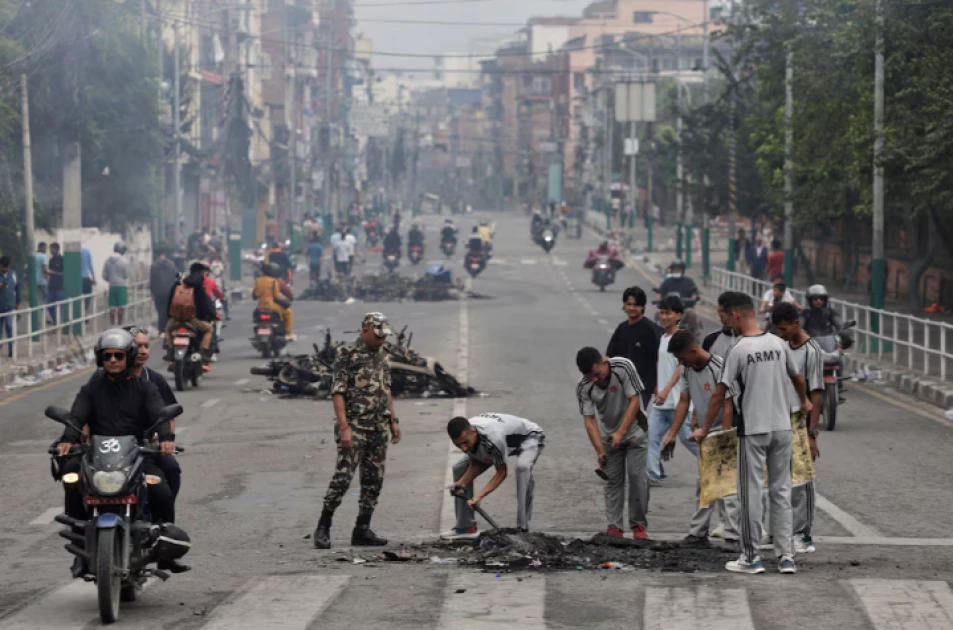Kathmandu, Nepal – Nepal’s army is in talks with “Gen Z” protesters to select an interim leader after deadly protests shook the capital. The demonstrations, triggered by a social media ban, killed 30 people and injured more than 1,000. They also forced Prime Minister [Oli] to resign.
Streets Calm but Tense
Soldiers continue to patrol Kathmandu as shops, schools, and colleges remain closed. Some essential services have resumed. Authorities have issued prohibitory orders across the city. However, international flights are operating normally.
Sushila Karki Emerges as Front-Runner
Former Chief Justice Sushila Karki, Nepal’s first woman in the role in 2016, is the main candidate for interim leadership. She has given her consent, though protesters are working to find a constitutional way to appoint her. Some groups are still discussing her nomination to reach a unanimous decision.
Supporters praise Karki for her honesty and courage. Sujit Kumar Jha, a 34-year-old protester, said, “We see Sushila Karki for who she truly is — honest, fearless, and unshaken. She’s the right choice. When truth speaks, it sounds like Karki.”
Gen Z Protests Shake Nepal
The protests involved mainly young people frustrated by corruption, limited economic opportunities, and government inefficiency. Demonstrators set fire to government buildings, including the Supreme Court, ministers’ homes, and the former prime minister’s residence. Businesses, hotels, and tourist properties, including the Hilton in Kathmandu and sites in Pokhara, were also damaged.
Army spokesperson Raja Ram Basnet said, “Initial talks are on and would continue today. We are trying to normalise the situation slowly.”
The Gen Z-led movement highlights the growing influence of Nepal’s youth in shaping the country’s political future. Dialogue between the army and protesters aims to stabilize the nation and establish a constitutionally guided interim government.

